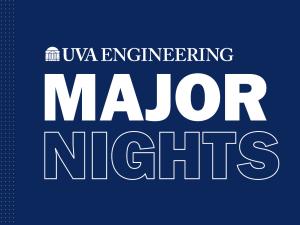Graduate Programs
If you are eager to pursue research in high-performance materials for sustainability, public health, global competitiveness and national defense, then you have arrived at the right place.
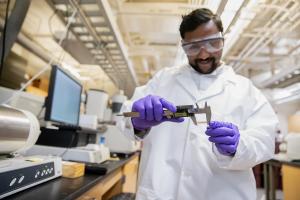
We play an active role in translating fundamental research results into real-world applications. Joining our program will prepare you to excel and adapt to an evolving, open-ended future, as part of a mutually supportive and inclusive community.
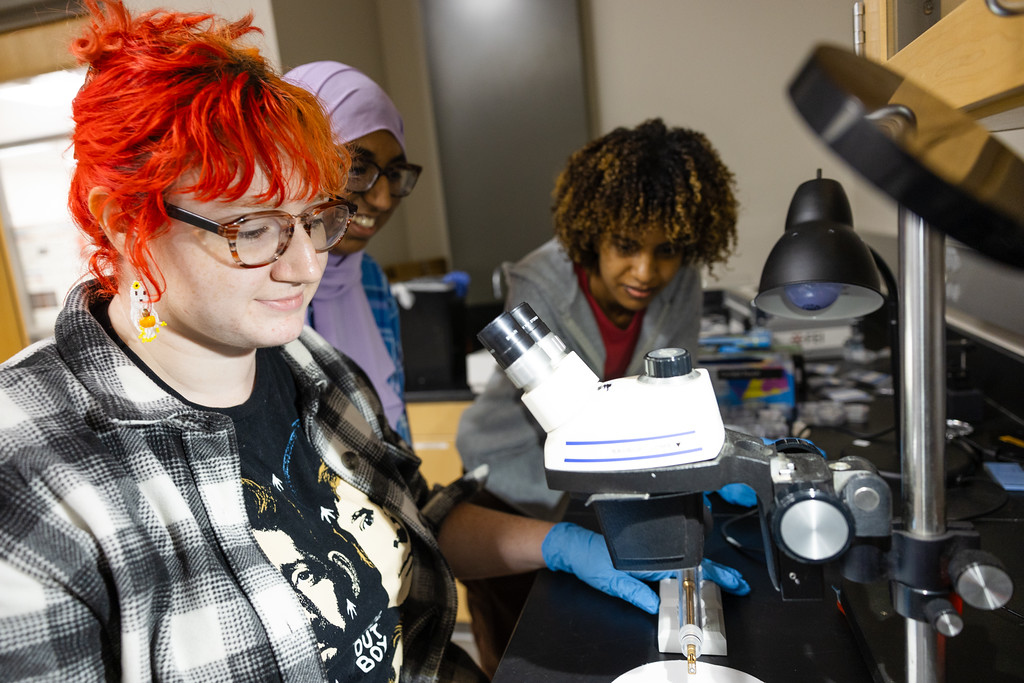
Our Graduate Programs
-
Ph.D. in Materials Science and Engineering
The Doctor of Philosophy (Ph.D.) degree involves extensive research leading to a dissertation.
-
M.S. in Materials Science and Engineering
The Master of Science (M.S.) degree involves extensive research leading to a thesis.
-
Master of Materials Science and Engineering
We also offer the Master of Materials Science and Engineering degree, which does not require a thesis.

Spark Plasma Sintering (SPS) machine used to create high density materials with ultra-fine microstructures - Wadley Research Group
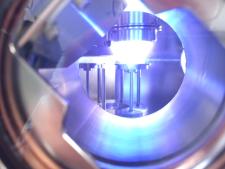
Plasma plume from a laser evaporating a ceramic material - Ihlefeld Research Group
Resources for Current Students
-
UVA Engineering Graduate Student Resources
Explore our resources for graduate students, including professional development support and ways to get involved at UVA Engineering.
-
Academic Planning
Find timelines, forms and guidance for completing your degree on schedule.
-
Resources for MSE Grad Students
Find onboarding resources for new students, information about the graduate student board, the MSE Graduate Handbook, and MSE student news.
Upcoming Events
See All Events-
Time: 11:00 AM - 2:00 PMLocation: Newcomb Hall Ballroom
-
Our Research Environment

Our research environment promotes the department's core values: respect, collaboration, student experience, innovation and impact. This environment fosters breakthrough research conducted in facilities that put our department at the forefront of the materials field.
The department’s primary research thrusts are corrosion and electrochemistry; structural materials; electronic, magnetic and optical properties of materials; and soft materials. Core strengths in materials synthesis, characterization, and computation and materials informatics underpin and integrate these research areas.
Whether conducting research in small groups or large, dispersed teams, you will have the satisfaction of working toward a common goal in a setting similar to what you will encounter in government and industry laboratories. Our goal is to provide an immersive laboratory experience in which you can achieve technical excellence and meet your professional development needs by asking questions, learning from mentors and demonstrating leadership.
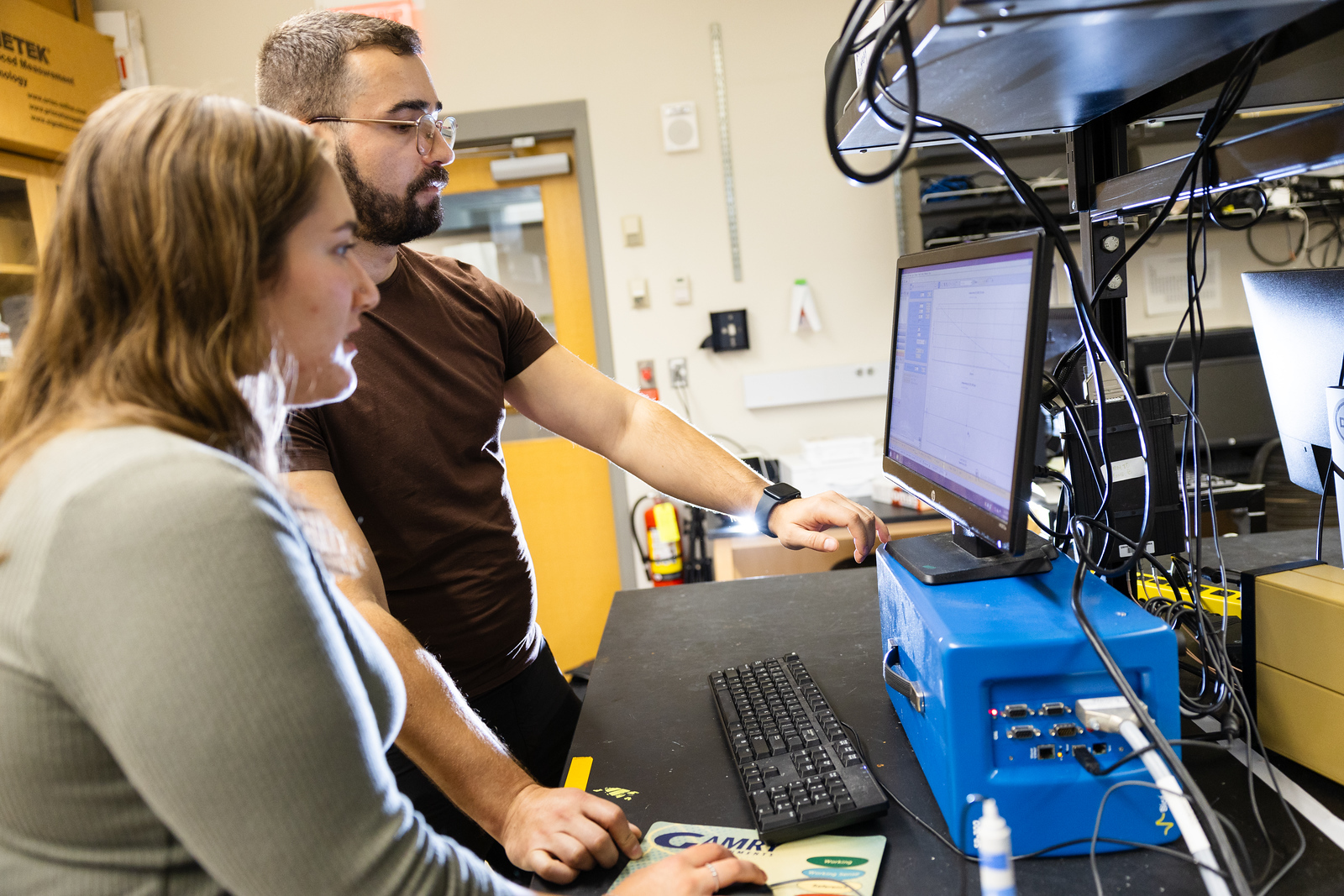
Take Virtual Guided Tours through our Labs
We are home to several major research centers of excellence and operate sophisticated laboratory instrumentation and computer modeling facilities in two connected, state-of-the-art buildings, Wilsdorf and Jesser Halls.
Our Community
Our department is big enough to house internationally revered research programs but small enough to foster a unique collegial and collaborative environment.
Our graduate students are actively engaged in charting a path forward for the department. Beyond team-building and mentoring in a lab environment, our graduate students advocate for greater diversity, equity and inclusion on Grounds and within their academic discipline. They also engage in professional and community outreach through student chapters of professional and technical societies. Our students have formed chapters of Material Advantage and the Electrochemical Society and participate in School-wide organizations such as the Society of Women Engineers.
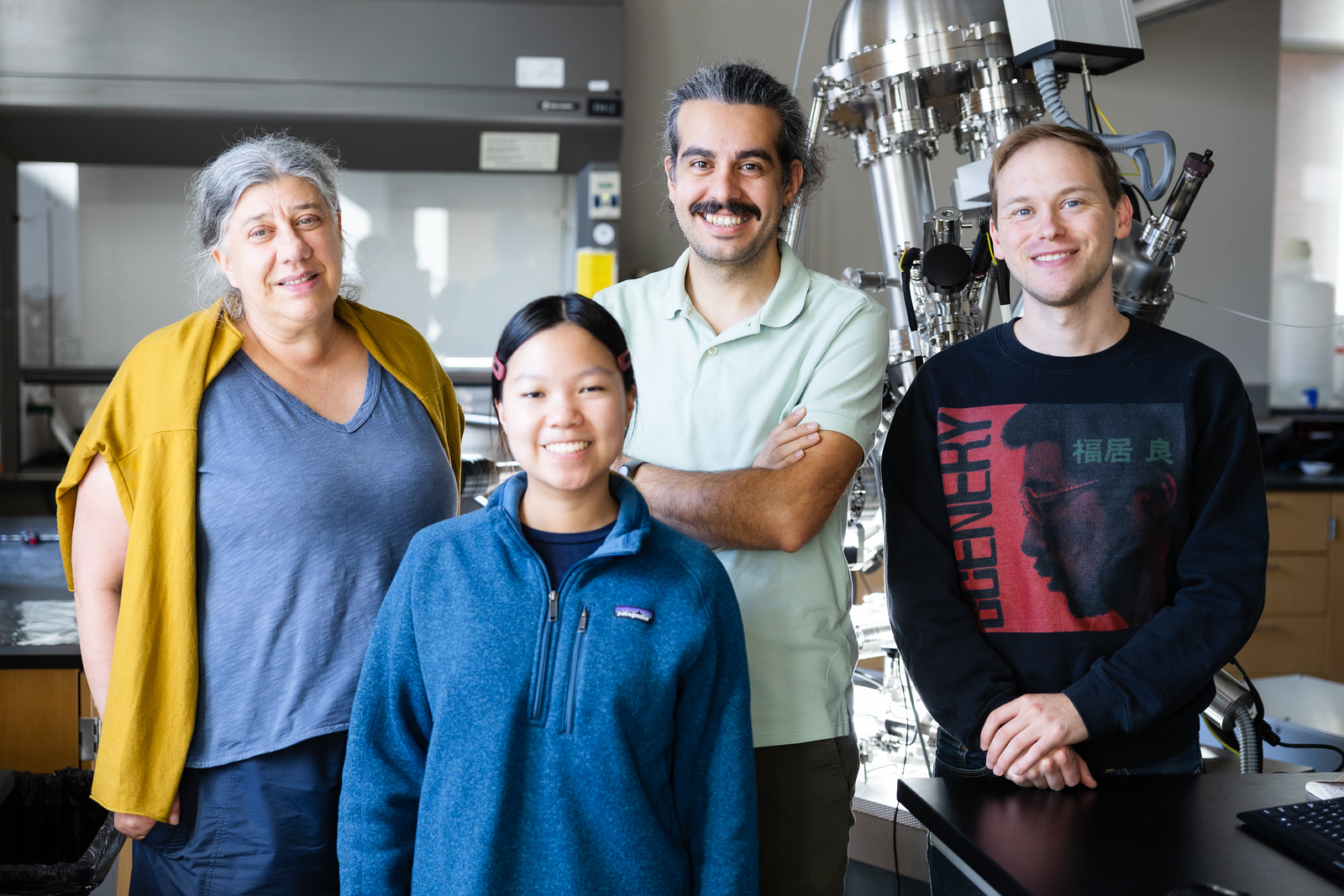
Our Faculty
You will work alongside and learn from sought-after experts in corrosion, high-temperature materials, surfaces and interface science, electronic materials and computational materials science. You can read their research — often first-authored by their Ph.D. students — in the Nature family of journals, Acta Materialia and Chemistry of Materials. Ten of our faculty members are fellows of professional and technical societies. Seven are endowed chairs and one is a member of the National Academy of Engineering. You can reach our faculty and learn more about their course offerings and research through our faculty index.
Graduate Fellowships
100% of our Ph.D. students earn their degree for free. Here are a few of the fellowship opportunities available to you.
The Olsen Fellowship allows us to recruit the world's top Ph.D. students to hone their skills and accelerate their drive for discovery, while gaining exposure to modern research problems and a broad understanding of the practical applications of their research.
Dean’s Scholar Fellowship covers tuition, fees, health insurance, and stipend for the fall and spring of the student's first year, with the potential to extend funding into the second year of study. Additionally, the School of Engineering and Applied Science Distinguished Fellowship covers tuition, fees, health insurance and stipend for the fall and spring of the student's first year.
The Rolls Royce Fellowship is available to outstanding Ph.D. students pursuing research and scholarship on topics relevant to Rolls-Royce. The fellowship provides an annual stipend of $30,000, full tuition and fees, health insurance, and an annual travel budget of $2,500, for up to three years.
